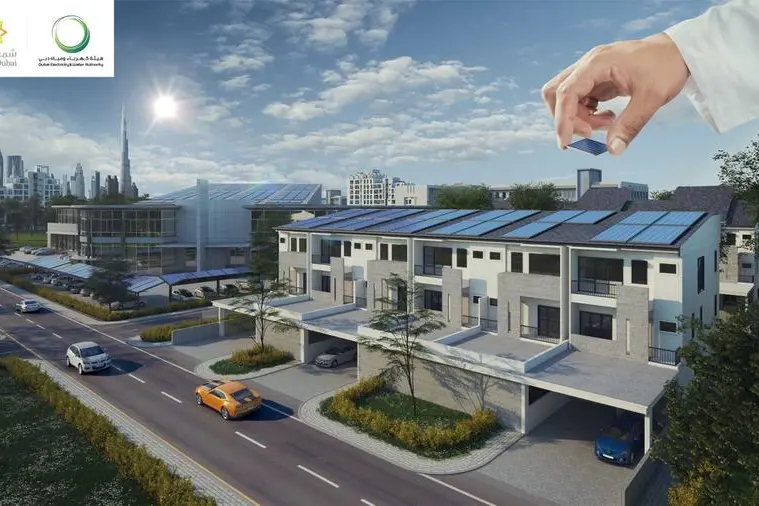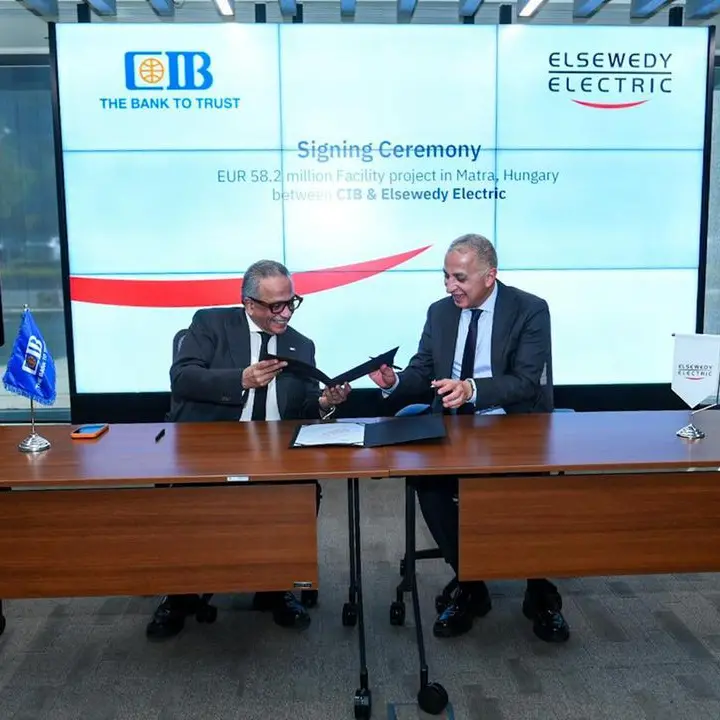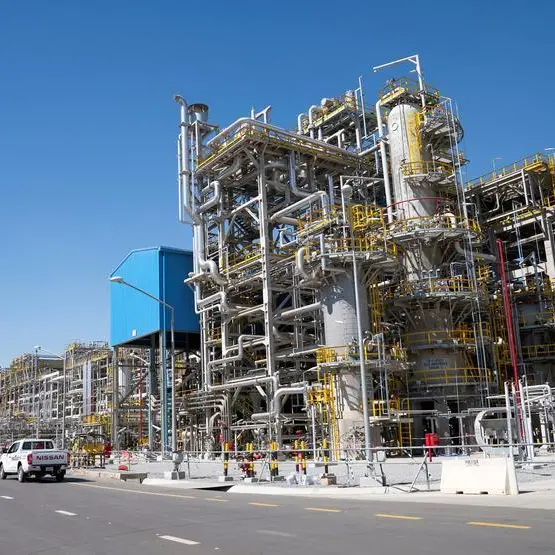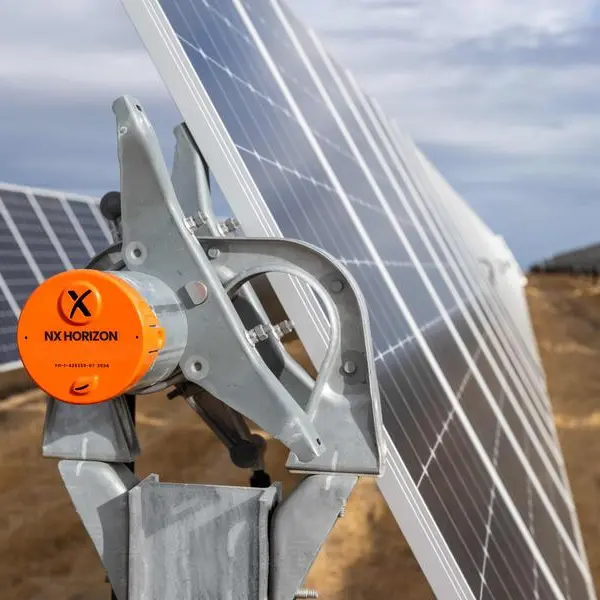PHOTO
Dubai has updated its Demand Side Management Strategy and set a new timeline to 2050, according to a press statement issued by the Dubai Electricity and Water Authority (DEWA).
The statement said that in line with the vision and directives of Sheikh Mohammed bin Rashid Al Maktoum, Vice President and Prime Minister of the UAE and Ruler of Dubai to achieve comprehensive sustainable development in Dubai, Sheikh Ahmed bin Saeed Al Maktoum, Chairman of the Dubai Supreme Council of Energy (DSCE), has issued Directive No. (1) of 2024 to update the Dubai Demand Side Management Strategy 2050 (DSM Strategy 2050).
The DSM Strategy 2030 was rolled out in 2013 with the aim of reducing energy and water demand by 30 percent by 2030. The Strategy is implemented by DSCE in collaboration DEWA, Dubai Municipality, Roads & Transport Authority (RTA), Dubai Economy & Tourism, Etihad Energy Services, Regulatory and Supervisory Bureau for Electricity and Water, Ministry of Industry and Advanced Technology, Dubai Free Zones Council, and other government and private-sector entities.
“The Demand Side Management Strategy 2050 aims to establish Dubai as a global benchmark for energy efficiency by doubling efficiency improvements to achieve savings of at least 30 percent by 2030 and 50 percent by 2050 compared to business as usual in electricity, water use as well as achieving significant savings in transport fuel consumption,” said Saeed Mohammed Al Tayer, Chairman of the Dubai Supreme Council of Energy.
“The Demand Side Management Strategy 2050 focuses on 7 Implementing Mechanisms: Policies and Regulations; Data and M&V; Government Support and Leadership; Awareness and Recognition; Financing; R&D and Innovation; and Freezone Alignment and Collaboration. It aims to contribute towards achieving electricity savings of at least 86.8 Terawatt Hours (TWh) and water savings of at least 383.2 Billion Imperial Gallons by 2050 compared to 2023 updated business as usual (BAU), and transport fuel consumption savings of at least 1,757 million litres by 2050 compared to 2013 BAU as base year,” added Ahmed Buti Al Mehairbi, Secretary General of the Dubai Supreme Council of Energy.
The updated DSM Strategy includes 12 programmes, namely Net Zero Ready – New Buildings; Building Retrofits; Commercial & Government Sectors Efficiency; Industrial Sector Efficiency; Outdoor Lighting; Efficient Cooling; Standards & Labels; Consumer Behaviour; Distributed Energy; Recycled Water Use & Efficiency; Efficient Mobility & Smart Charging; and Fuel & Engine Efficiency.
The previous DSM Strategy 2030 had featured 11 programmes, namely Green Building Code; Building Retrofits; Outdoor Lighting; Efficient Cooling; ESMA Standards & Labels; Consumer Behaviour; Shams Dubai; Recycled & Ground Water Demand Management; Efficient Mobility and Smart Charging and Fuel & Engine Efficiency. It aimed to achieve annual electricity consumption savings by 2030 of at least 19.2 Terra Watt hour (TWh) and water consumption savings in 2030 of at least 46.3 Billion Imperial Gallons, as compared to the 2013 baseline.
DSCE is mandated to review and update the DSM Strategy every 5 years, according to past statements by the Council.
DSM Strategy 2050 aligns with the UAE Net Zero Strategy 2050, the UAE National Energy and Water Demand Side Management Programme 2050, the Dubai Clean Energy Strategy 2050, the Dubai Net Zero Carbon Emissions Strategy 2050 to provide 100% of Dubai’s total power capacity from clean energy sources by 2050, and the Dubai Economic Agenda D33, which aims to double Dubai’s GDP by 2033.
(Editing by Anoop Menon) (anoop.menon@lseg.com)
Subscribe to our Projects' PULSE newsletter that brings you trustworthy news, updates and insights on project activities, developments, and partnerships across sectors in the Middle East and Africa





















